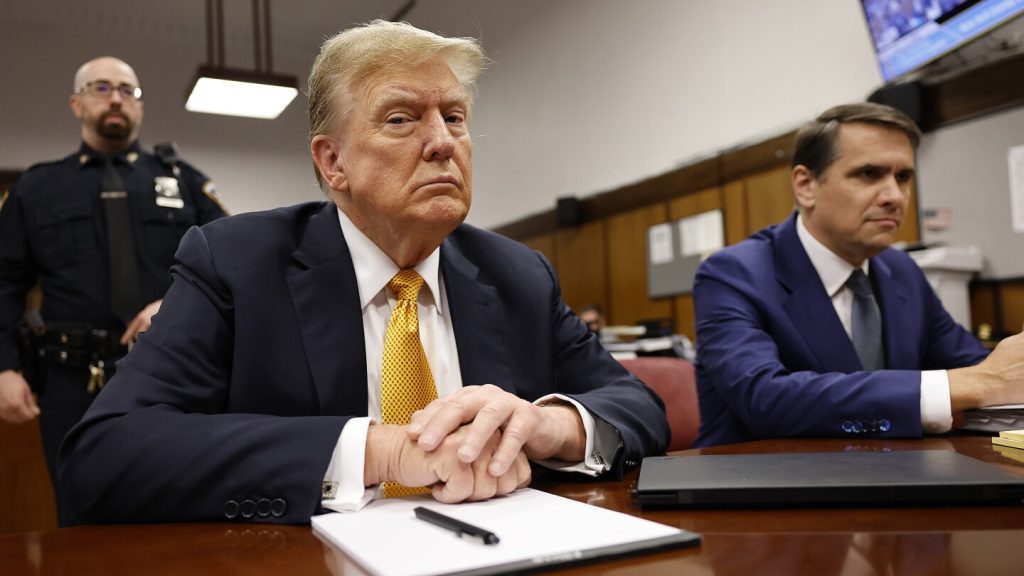After being found guilty in his hush money case, former President Donald Trump launched an attack on the U.S. criminal justice system, claiming that he was subjected to a rigged trial. His remarks echoed those made by Russian President Vladimir Putin, suggesting a possible alignment of interests between the two leaders. Analysts believe that Trump’s attacks on the justice system could benefit autocrats like Putin by undermining the United States’ global influence, potentially influencing the upcoming presidential election, and boosting their own standing among their citizens.
Putin and other autocratic leaders quickly came out in support of Trump, with Moscow agreeing with his assessment of the verdict as a politically motivated attack on rivals. Hungary’s Prime Minister Viktor Orban and China’s state-owned Global Times also expressed support for Trump, painting his conviction as part of the chaos surrounding the U.S. presidential election. Russia has a history of attempting to widen divisions in Western societies to further its own interests, including the invasion of Ukraine and alleged meddling in the 2016 U.S. election.
Trump’s attacks on the U.S. justice system play into the hands of autocratic leaders like Putin, who seek to undermine democratic institutions and portray themselves as strongman rulers. This could provide fodder for a major propaganda and influence operation targeting swing voters in battleground states ahead of the November election. By criticizing key institutions of democracy, Trump legitimizes autocratic practices and weakens the perception of American ideals internationally. This could further empower autocratic regimes like Russia and China to expand their influence in regions where they are seeking partnerships.
The unfolding drama in the U.S. sends a message to citizens in China and Russia that they may be better off at home, where their governments are portrayed as more reliable partners. The “new axis of authoritarians” formed by Russia, China, Iran, and North Korea presents a daunting challenge to global security, as these states work together with overlapping interests. Russia, in particular, is likely to use the political turmoil in the U.S. to sow division within NATO by questioning shared values with Americans. Some Western governments are navigating a delicate balance between engaging with Trump as a potential next U.S. president and upholding respect for the U.S. justice system.
The chaos and turmoil surrounding Trump’s legal troubles can be seen as an opportunity for Putin and other authoritarian leaders to advance their own agendas and reshape global security architecture. By exploiting divisions within Western societies and questioning traditional alliances, these autocratic regimes aim to strengthen their own positions on the world stage. As the U.S. grapples with internal challenges, it opens up space for autocrats to exert influence and advance their interests in ways that may have far-reaching implications for international relations.


